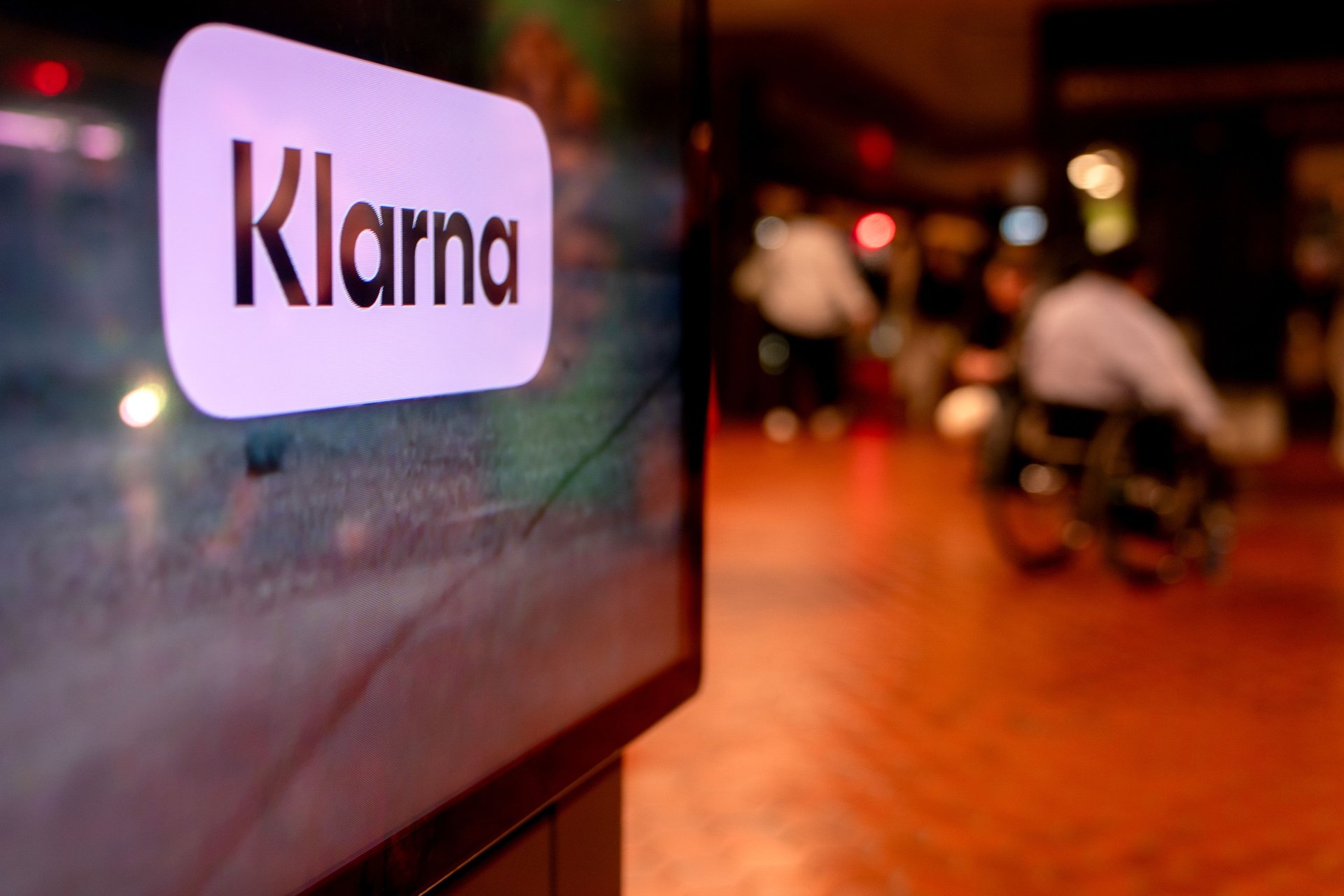Klarna credits AI for revenue boost as its growth surges
The fintech said AI adoption "continues to deliver significant, tangible results" as second-quarter sales grew 20% year-on-year

Stefani Reynolds/Bloomberg via Getty Images
Klarna’s aggressive rollout of artificial intelligence raised eyebrows last year – particularly when its founder, Sebastian Siemiatkowski, bragged that an AI-powered customer service chatbot was doing the work of 700 people.
Suggested Reading
Now, the financial services firm is partly attributing a recent surge in revenue to the technology, as it races to grow its presence in the U.S. and plots a public listing on the New York stock exchange.
Related Content
Klarna said Thursday that second quarter like-for-like sales grew 20% compared with last year, as revenues topped $823 million for the period.
“AI adoption continues to deliver significant, tangible results. As a result of this strategy, average revenue per employee reached $1 million, up 46% [year-on-year],” the company said. AI has helped “drive cost reduction whilst delivering revenue growth,” it added.
It marks the latest development in Klarna’s sometimes controversial relationship with the technology. In 2023, Siemiatkowski said that he wanted to be OpenAI’s “favorite guinea pig." The company froze hiring for customer service staff and by 2024 had effectively replaced 700 people with a chatbot, in a move that attracted criticism.
But declining service quality and customer dissatisfaction followed, and Klarna said in May that it had returned to hiring human agents, with Siemiatkowski admitting that having the option to speak to a human is “critical”, per Bloomberg.
On Thursday, he wrote: “I, along with the rest of the management team, senior leaders and other parts of the org, listen to customer recordings, join customer calls, review feedback, and iterate with our product teams every week. We also launched an AI hotline where my avatar gathers feedback at scale... This deep integration of customer feedback and AI has made us better at fixing what matters.”
Klarna is best known for its buy now, pay later service – a form of short-term loan that is typically repaid in three interest-free installments over the following weeks or months. It has long been lining up a public listing in the U.S., but was forced to put IPO plans on hold in April when President Donald Trump announced global trade tariffs.
The Swedish company counts the U.S. as its biggest market, after a succession of deals with the likes of Airbnb, DoorDash, Expedia and Uber to offer its financing product on their platforms in recent years. In March, Walmart agreed to make Klarna its sole provider of buy now, pay later services to its customers, expanding its American footprint even further.
Klarna has also integrated with payments provider Stripe, helping it grow to 111 million active customers, up 31% year-on-year, plus 790,000 merchant partners. It said this would grow further when upcoming partnerships with Nexi, Worldpay, and J.P. Morgan Payments go live.
Net losses for the quarter widened to $52 million as the company set more money aside for loans that people may not be able pay back.
Siemiatkowski wrote that the measure “does not mean more people are unable to pay us back. In fact, the opposite is true—Klarna’s delinquency rates continue to fall.”
